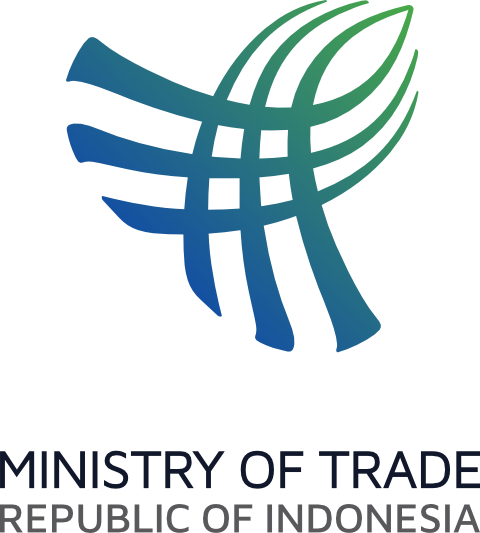
Manufacturers, SMEs struggle as bank loan rates soar to 36%
Manufacturers, SMEs struggle as bank loan rates soar to 36%
Nigerian businesses are grappling with extremely high borrowing costs, as commercial banks currently charge loan rates between 29% and 36%.This is making it difficult for manufacturers and small-to-medium enterprises (SMEs) to access working capital, expand, or even stay afloat. The high rates are driven by inflation, loan default risks, expensive cost of funds, and the Central Bank of Nigeria’s (CBN) tight monetary stance.
Data from the CBN in early 2025 shows that 75% of businesses consider high interest rates their biggest challenge.Major banks such as Fidelity, Providus, Globus, and UBA confirmed lending rates generally fall within the low-to-mid 30% range, though some privileged customers secure slightly lower terms.
Government-backed credit schemes, such as Creditcorp personal loans (24%) and Finance Ministry-backed mortgages (9.75%),offer cheaper alternatives but remain limited and inaccessible to most businesses.
CBN Governor Olayemi Cardoso has acknowledged the strain on businesses but stressed that the Bank’s main priority is restoring financial stability. He suggested that rates might fall in the coming months if inflation continues to ease. While some advisory firms support gradual easing to boost investment, analysts like Paul Alaje of SPM Professionals caution against rushing, warning that inflation remains too unstable to justify immediate rate cuts.
The issue is particularly critical for SMEs, which employ over 80% of Nigerians. Many are unable to borrow or meet payroll, while larger corporations are shelving projects or seeking foreign loans. Business leaders are urging a balanced approach that tackles inflation while ensuring credit remains accessible enough to sustain private sector growth and protect jobs.








